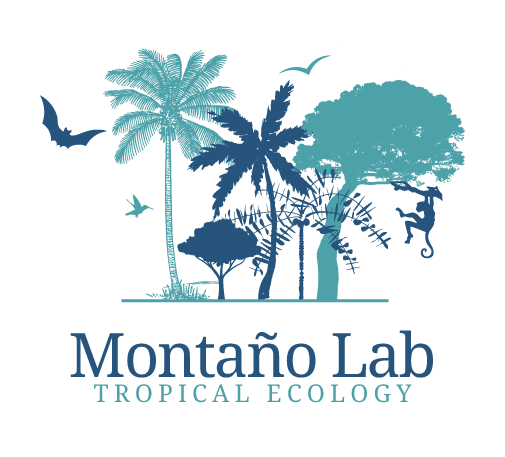
I am here to help you advance your career and goals. So, I expect you to be self motivated, curious,
kind, open minded, productive and eager to learn. Ask questions, challenge yourself, take risks! Remember that I am here to guide you, but this is your path to become and expert, so you need to take the lead on your research.
Postdoc time is the best time to learn new research skills and publish high-quality studies to secure permanent research positions in academia or industry. Postdocs in the lab are generally expected to lead the design and execution of research projects, coordinate project logistics with collaborators, and publish results in peer-reviewed journals. Postdocs that are hired through grants are expected to complete specific research projects by some deadlines to meet the grant objectives. Besides that, postdocs are encouraged to pursue additional research projects with others inside or outside the lab as long as the main project goals do not suffer.
When possible, postdocs should also apply for grants and fellowships. Check below for some funding opportunities:
We communicate our science and our results through publications. The core part of your job is to publish good science in a timely manner. We support collaboration as a better model than competition within the lab and with colleagues at LSU and elsewhere. We are advocates of Open Science and reproducibility. Whenever possible, the data and software we generate is released under open licenses, a contribution we view as more important than simply churning out more papers (there may be cases for not sharing data openly immediately). Ideally, all code should be on Github as you work, and at the end of each of each project, it should be permanently archived in a repository (e.g. Zenodo).
It is IMPORTANT that you backup your data and your code! Here is a good source to learn more about coding standards and best practices.
Authorship should be openly discussed at the beginning of a project. This can change as responsibilities change, but it is good to discuss authorship multiple times in the span of a project. Often, you earn first authorship if you do most of the data collection, analysis, and writing. You will be the first author of all manuscripts directly deriving from your dissertation. You earn first co-authorship if you and someone else did equal or equivalent amounts of work in all or different stages. If you are coauthor, you must have contributed with some work on the paper, and must have read, understood, and approved the manuscript. Remember, your name will be on the paper, you should be able to defend it. For students: You should aim to publish your research as you go. Do not wait to publish until the end of your PhD.

